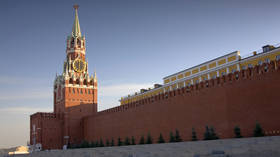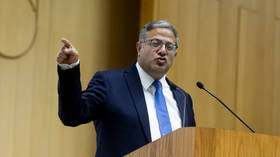Sex workers push back against South African criminalization

South African sex workers and rights advocates have filed a lawsuit demanding the repeal of laws that criminalize prostitution, in a case that could change the legal status of the industry in the country for the first time in decades.
The suit, brought by non-profit group Sex Workers Education and Advocacy Taskforce (SWEAT) and an individual applicant identified as S.H., challenges the constitutionality of the 1957 Sexual Offenses Act, the 2007 Sexual Offenses Amendment Act, and Cape Town municipal by-laws that prohibit the selling and solicitation of sex. The applicants argue that criminalization violates rights to equality, dignity, and access to health and safety protections.
Earlier this week, the Western Cape High Court admitted 16 civil society groups as amici curiae (friends of the court) to present arguments either supporting or opposing the case, which is scheduled to be heard in May 2026.
The South African Minister of Justice, one of the defendants, has welcomed the court’s decision. Ministry spokesperson Terrence Manase said on Thursday the input from the organizations would help the court “arrive at a just and equitable judgment on the broader issue concerning the decriminalization of sex work,” local outlet IOL reported.
The Treatment Action Campaign (TAC) and Sonke Gender Justice (Sonke), two of the admitted NGOs supporting the reform, claim sex workers are reluctant to report assaults for fear of being charged with sex work-related offenses.
“The organizations will present evidence of sex workers’ lack of trust in the police and evidence of sexual violence and rape perpetrated by the police,” SECTION27, a human rights organization representing TAC, and Sonke said in a statement on Wednesday.
However, Cause for Justice, which has labeled itself an “opposing party in the landmark prostitution court case,” said it would argue for the retention of the ban, because “prostitution constitutes the commodification of the human body, reducing people to commercial sex objects for the gratification of predatory individuals.”
Most African countries criminalize sex work, though enforcement varies. Mozambique and Senegal permit regulated forms of prostitution, while South Africa has maintained a blanket ban since 1957.













